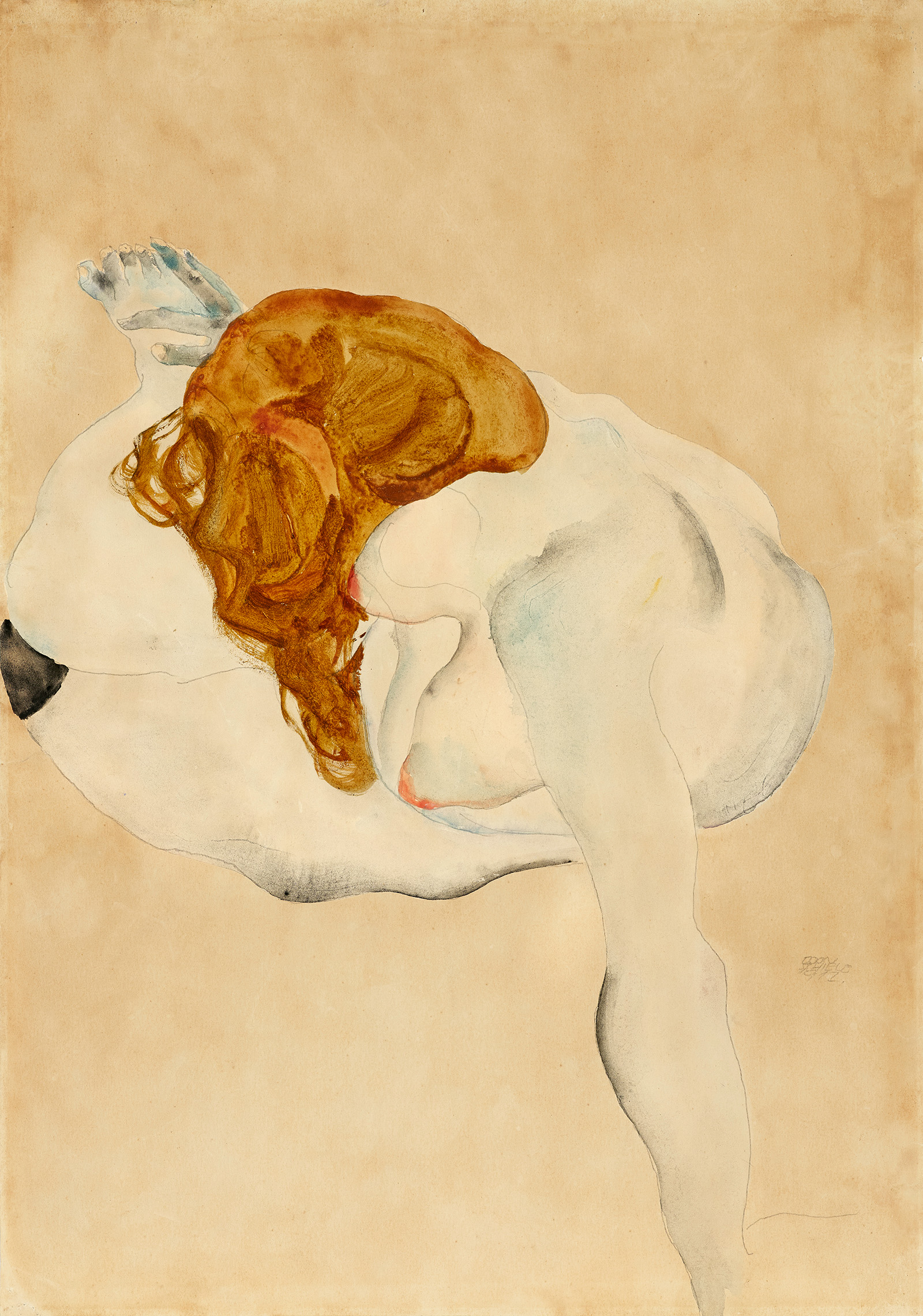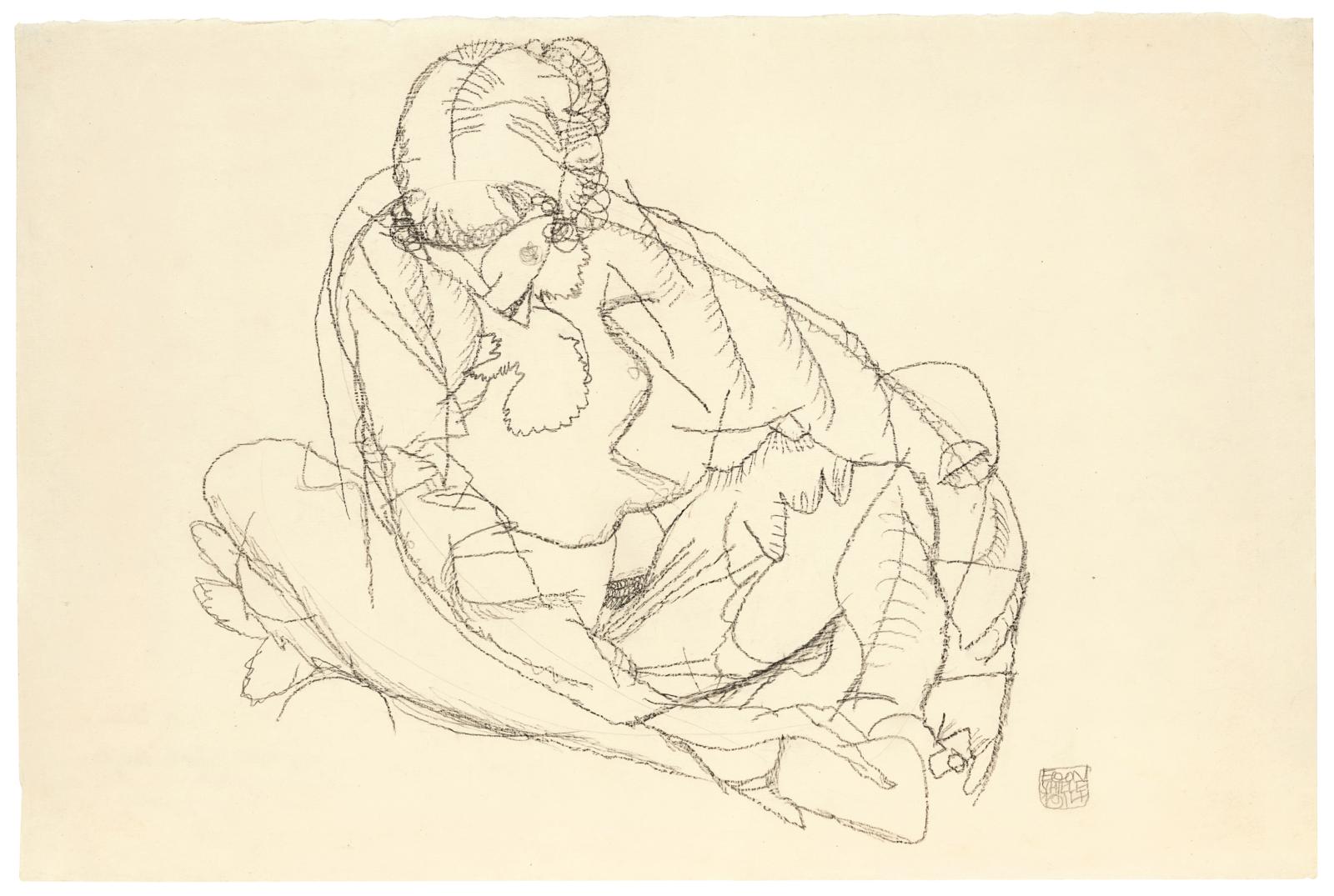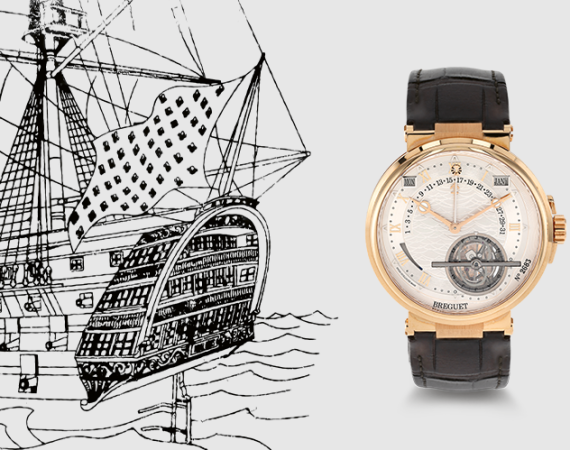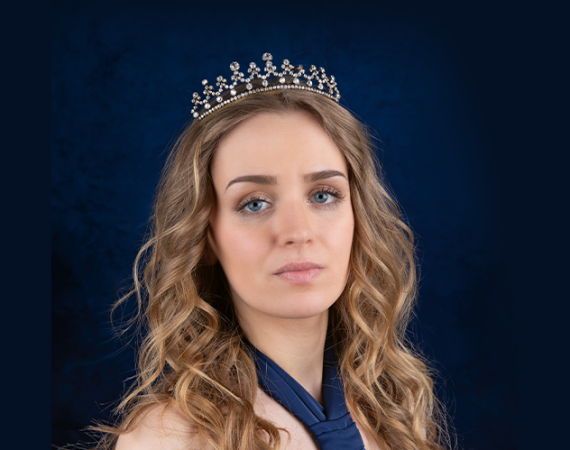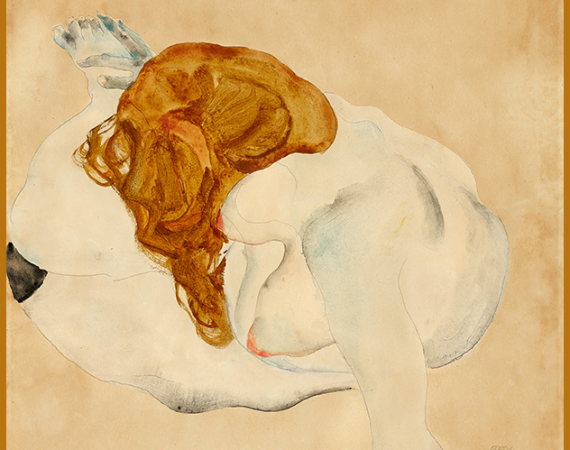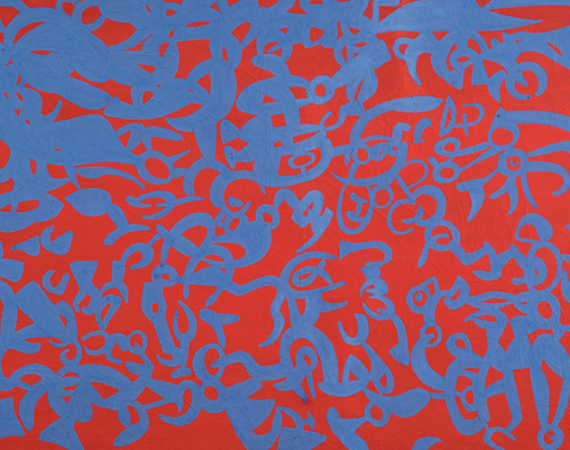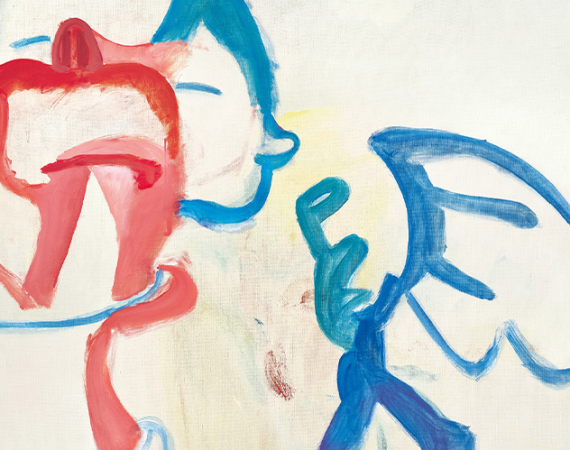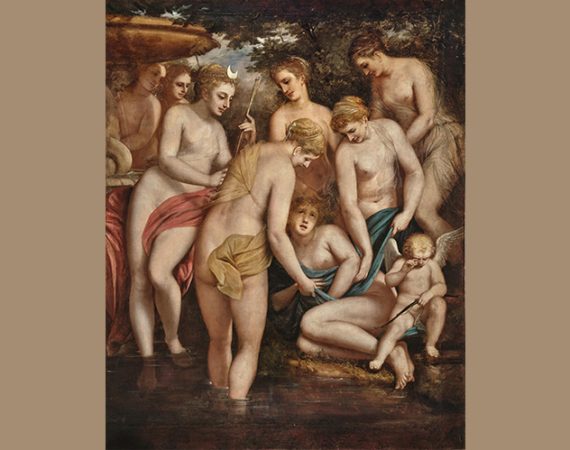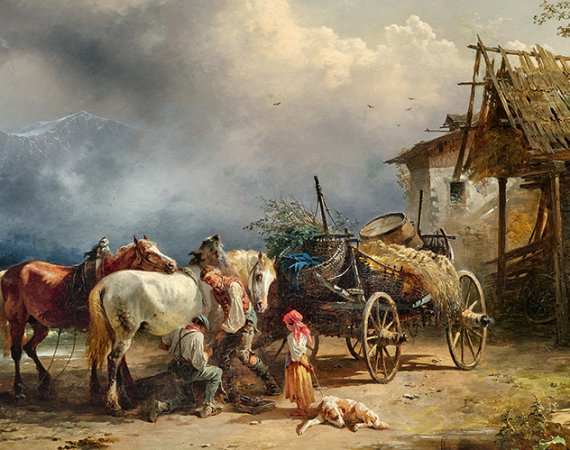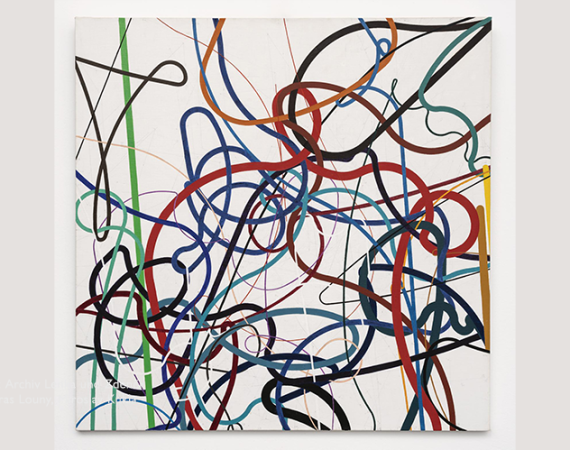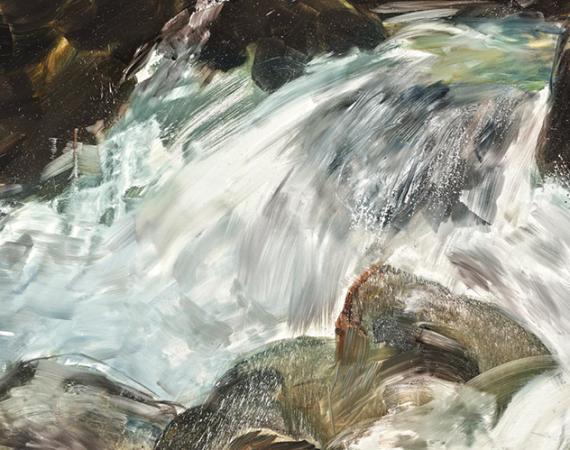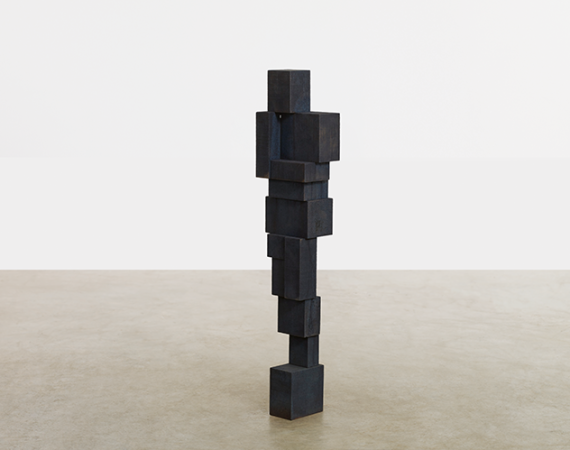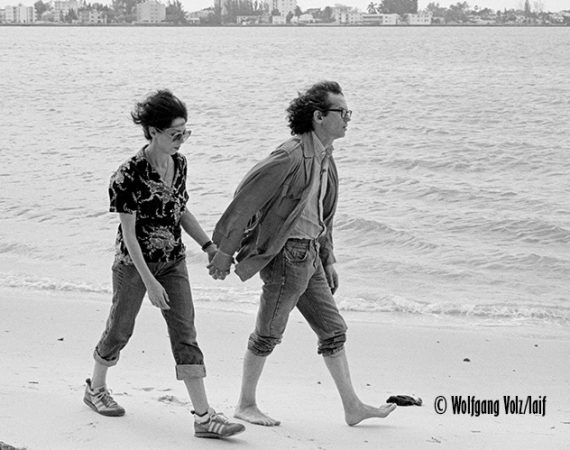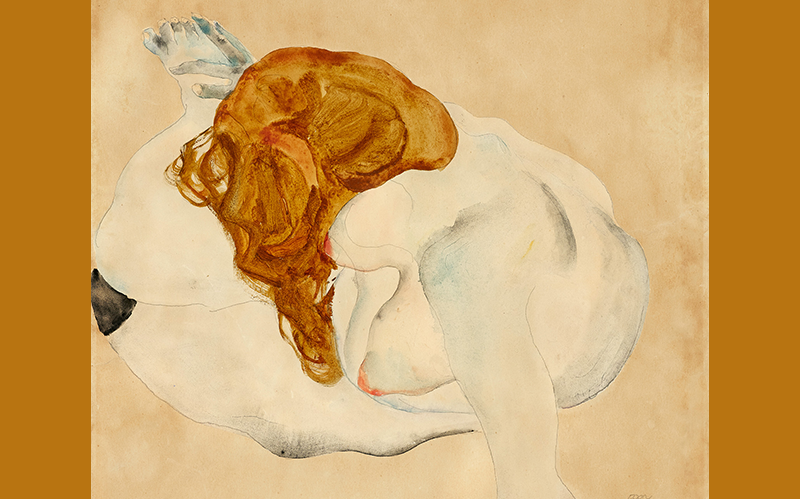
1912 was a pivotal year for Egon Schiele, a preeminent artist of Viennese Modernism. It was at a time of personal upheaval that he honed his signature use of line – a transformation reflected in two works included in the major Modern Art auction this May.
This exquisite watercolor, with its intricate figural composition, was painted in 1912 during Egon Schiele’s stay in Neulengbach, a quiet market town west of Vienna. After several peaceful months in tranquil surroundings, he was arrested and sentenced to 24 days in prison following accusations of the alleged abduction and abuse of minors. Though Schiele considered the sentence unjust, he understood the message: after 1912, he refrained for many years from drawing or painting nudes of children, turning instead to young women, who now became his primary subjects of artistic interest.
In that same year, Wally Neuzil was his staunchest companion – his confidante, lover, and ideal model. Curiously, however, Schiele rarely portrayed her with a clearly recognizable face. Instead, it is her red-blonde hair that appears repeatedly in his works of 1912, suggesting that she may have been the model for this particular work.
The figure appears to be floating rather than actually sitting on the floor, her legs bent, head bowed. The viewer peers down on a nude, young woman, whose only apparent support is her outstretched left arm. Like the stem of a flower it rises from the lower edge of the paper and unfolds into the body’s physical fullness like a blossom. The pronounced, powerful verticality of the arm contrasts with the delicate lightness of her figure, the dominant center of the composition.
“The pencil works its way forward with gentle anticipation, forcing the subject into no preformed decorative scheme, but developing it gradually from the void – like a sculptor releasing the figure from the stone – and embracing it tenderly with tentative, repeated strokes.” Otto Benesch, Egon Schiele as Draughtsman
In 1908, the Kunstsalon Hugo Heller in Vienna held an exhibition devoted solely to the drawings and graphic works of Auguste Rodin. While Rodin’s sculptural work had been known in Vienna since the early Secession exhibitions, it was his drawings that proved revelatory to a younger generation of artists – particularly Oskar Kokoschka and Egon Schiele – in their search for a new image of humanity. Rodin’s free studies of various body postures, often combined with translucent washes of watercolor, find clear resonance in this remarkable gouache by Schiele.
Here, the body is modeled from the paper’s void with a thin, sharp pencil. The forms follow the pull of a swiftly drawn, curving line that – in the area around the neck and breasts – no longer adheres strictly to anatomical accuracy but instead suggests the simultaneity of movement and emotion. The sparing use of gouache, alternating with the finest washes of black and bluish watercolor along the edges, lends the surface a sculptural quality while enhancing the overall impression of weightlessness. In the delicate touch between the fingers of the right hand and the foot – rendered in shimmering tones from blue to black – Schiele reveals his unique sensitivity to eroticism.
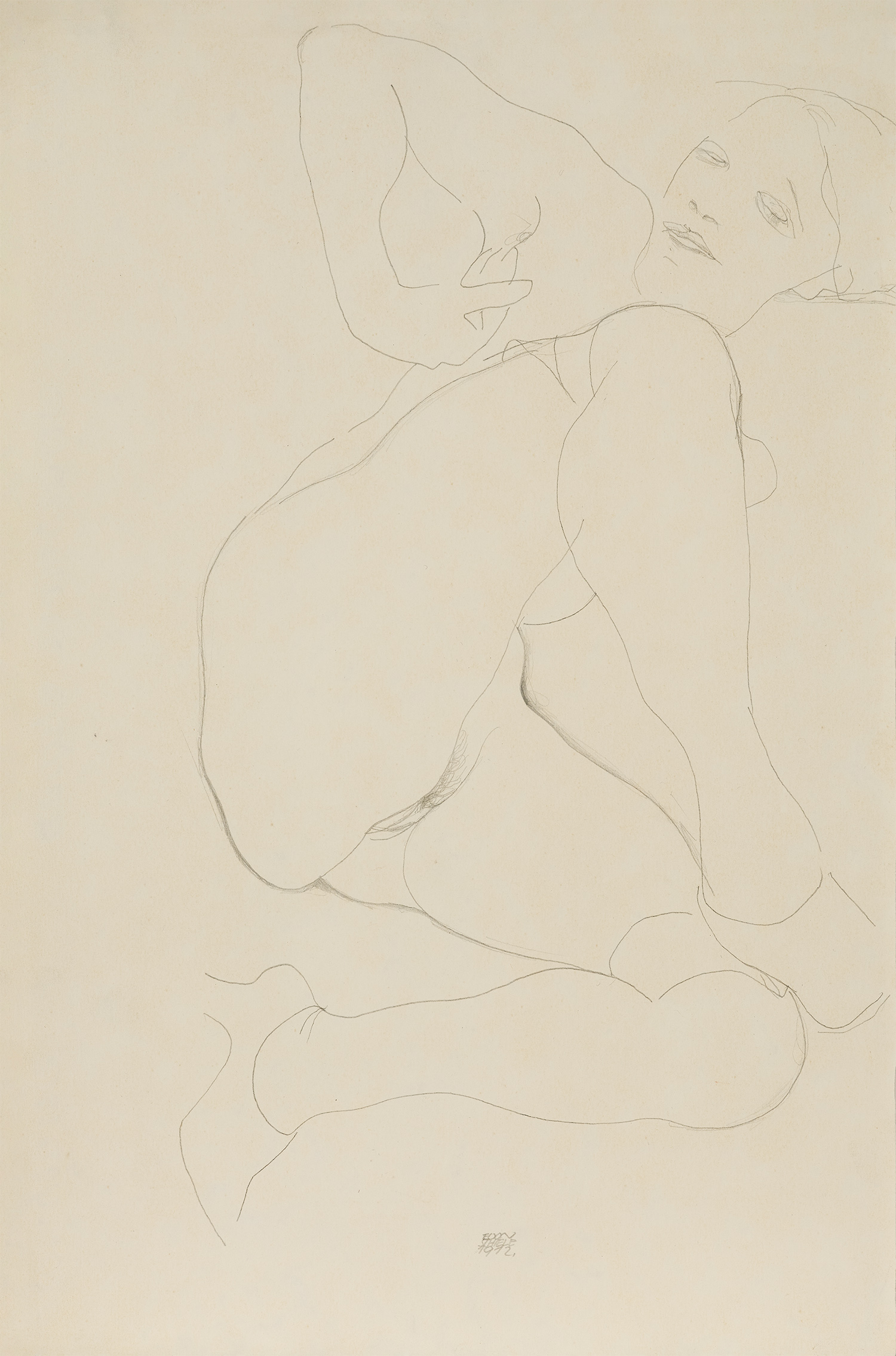
The range of Schiele’s experimental use of line becomes clear in Reclining female nude with bent legs, created in the same year, 1912. Here it is the pencil alone that carves out the contours and realises the ostentatiously depicted sexuality with the utmost minimalism and heightened expressiveness.
AUCTION
Modern Art, 20 May 2025, 6 pm
Palais Dorotheum, Dorotheergasse 17, 1010 Vienna
20c.paintings@dorotheum.at
Tel. +43-1-515 60-358, 386

